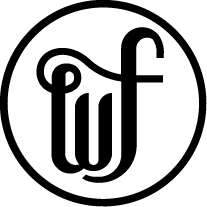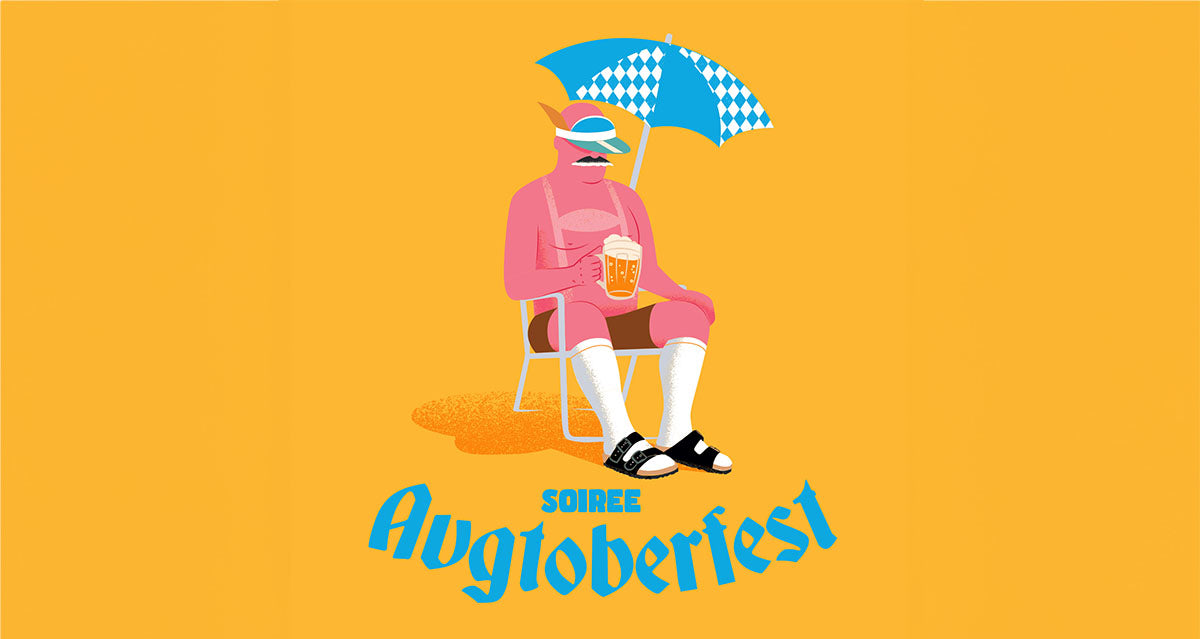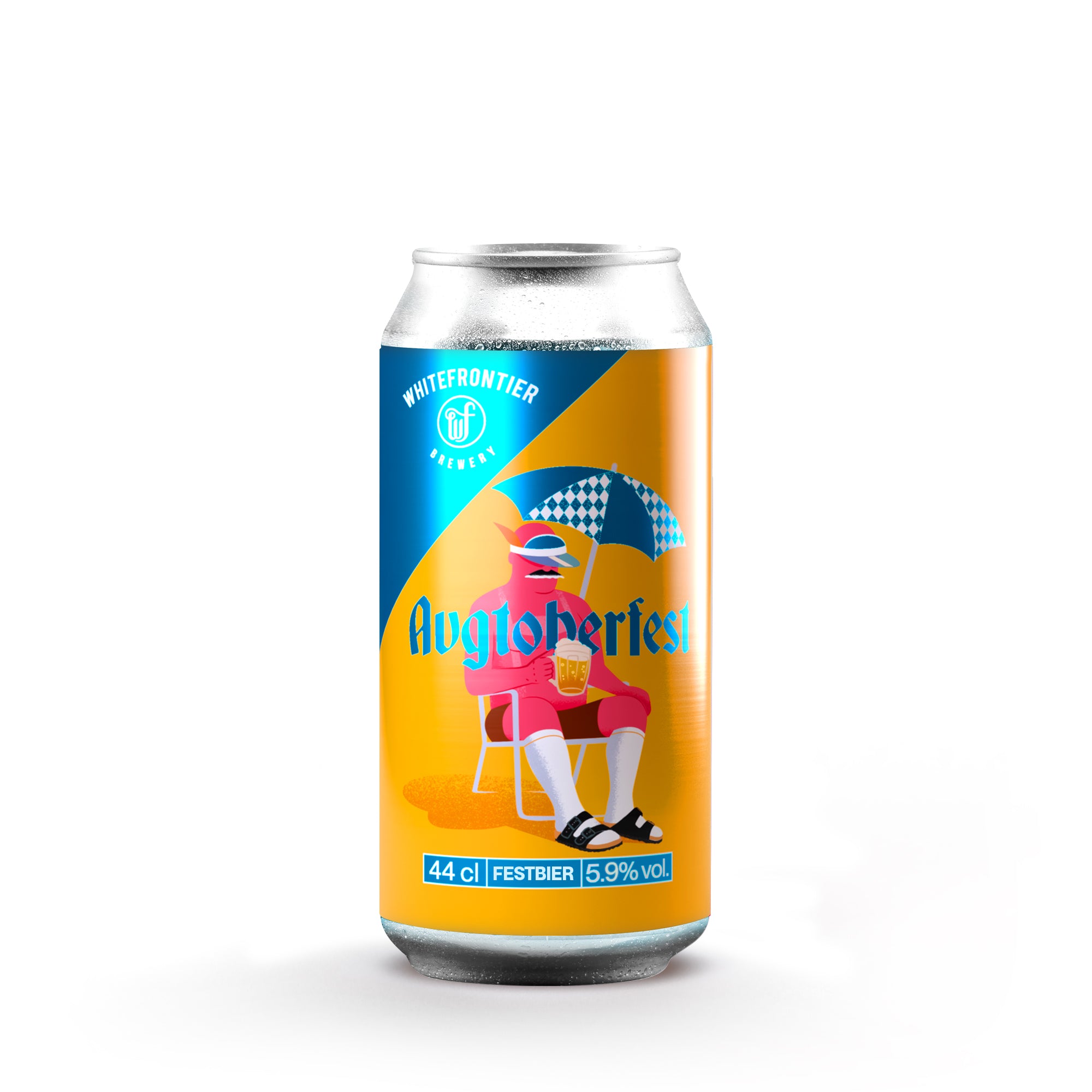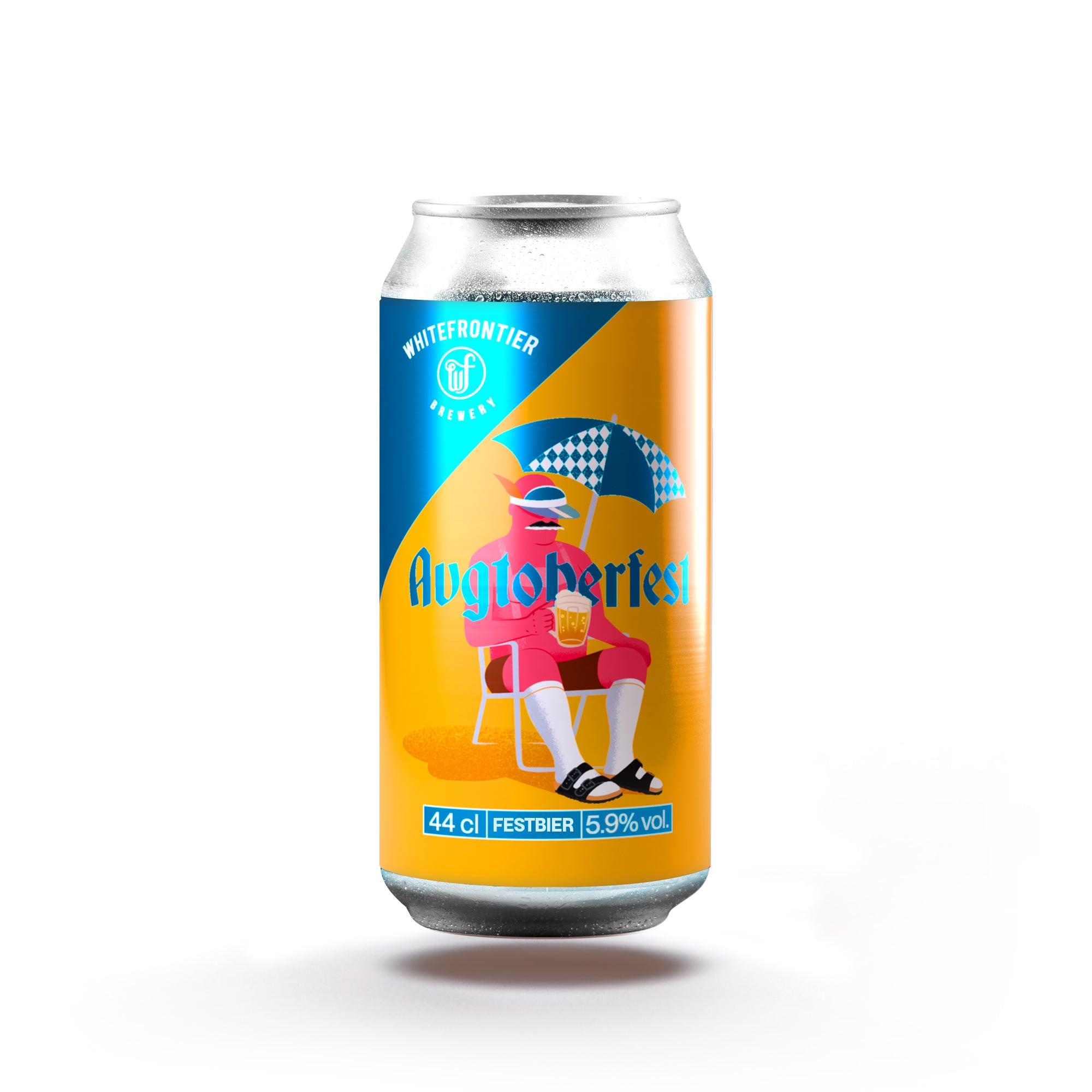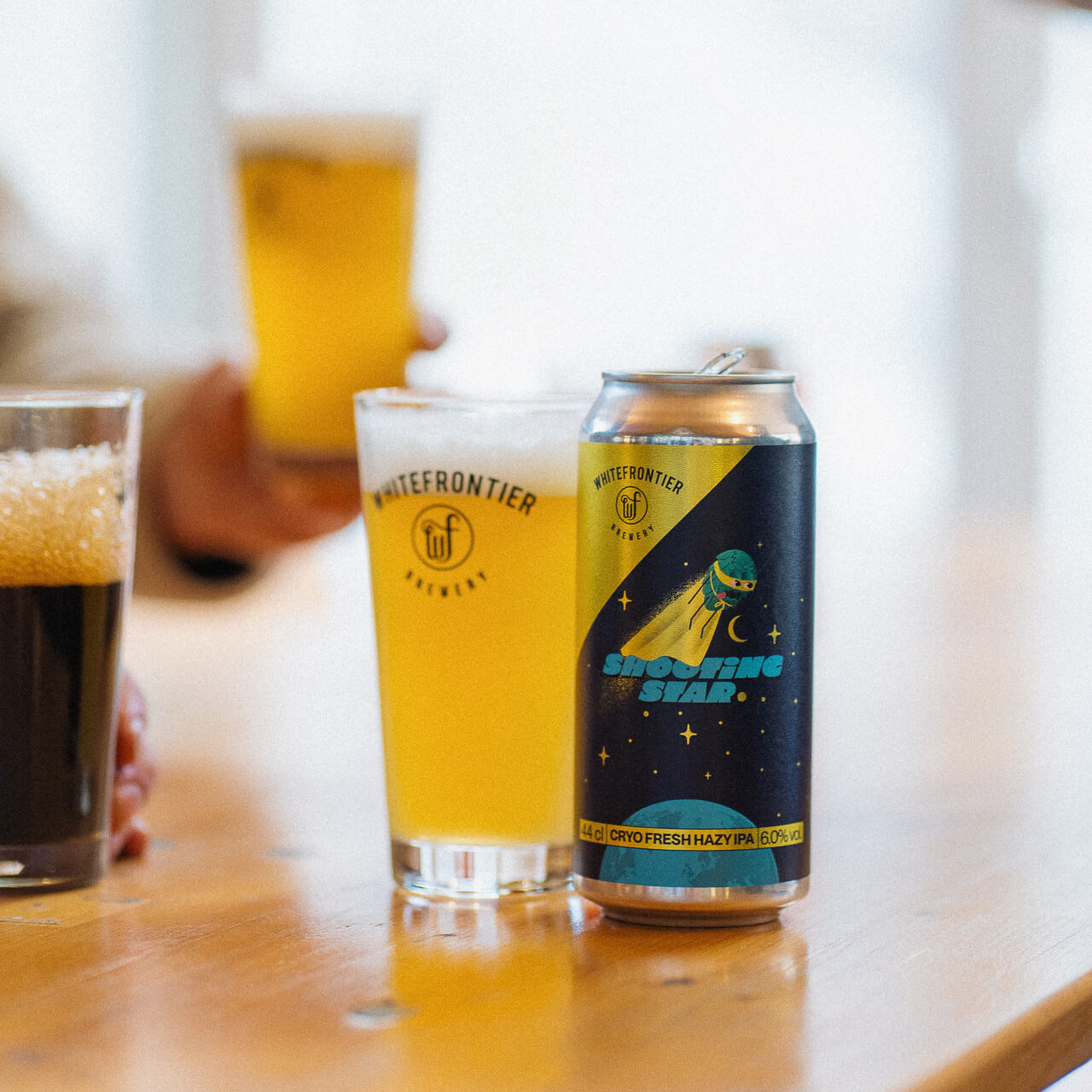Every fall in Munich, it's the same ritual: more than 6 million people gather to raise their beer mugs and shout a huge “Prost!” It's Oktoberfest, the world's largest beer festival. But you don't have to go to Bavaria to enjoy it: in Valais and throughout Switzerland, many events carry on the tradition in their own unique way.
Oktoberfest celebrations in Valais and Switzerland
-
WhiteFrontier (Martigny) – Saturday, September 6, 2025, starting at 11 a.m. The Valais brewery is organizing its early Oktoberfest this Saturday, with a Festbier brewed especially for the occasion. It's Whitefrontier's Augtoberfest. Beer will be served in Mass (one-liter mugs), and on the menu: pretzels with toppings, pork knuckles, currywurst, and chicken. Traditional music and Bavarian decor will be featured.

Naters (VS) – October 11, 2025. A big October celebration with a guaranteed great atmosphere.
HelveticFest (Monthey) – On September 4 (tonight!), the ice rink will be transformed into a giant Oktoberfest, with beer, German specialties, and live music.
- Geneva – From September 25 to October 5, Oktoberfest takes place on the Plaine de Plainpalais: the largest in French-speaking Switzerland.
Zurich (Züri-Wiesn) – From October 9 to November 8, 2025, the central station becomes a gigantic beer hall with tents, a beer garden, music, beer-lifting competitions, a craft beer bar, and more.
Basel/Rheinfelden (Feldschlösschen Oktoberfest) – During the first three weekends of October, the Feldschlösschen brewery is transformed into a veritable “Beer Castle” for the event, with beer and festive music.
Basel (Volkshaus Wiesn) – On October 17 and 18, 2025, the Oktoberfest atmosphere comes to the Volkshaus in Basel.
Basel (various events) – The city offers several Bavarian festivals, including large tents with live music, giant beer mugs, and bratwurst.
Bern and surroundings – The canton offers a series of Oktoberfeste, in Bern (SCB Oktoberfest in early September or at Restaurant Jäger in late October), Thun (Stockhorn Arena from October 16 to 25), Adelboden (early October), and Biel (late September).
The story dates back to 1810. Crown Prince Ludwig of Bavaria married Therese of Saxe-Hildburghausen. To celebrate the event, large festivities were organized, including horse races. At first, beer was just a minor detail. But over the years, it became the central element, to the point of making Oktoberfest the most famous beer festival in the world. Today, the official opening is marked by a ritual: the mayor of Munich taps the first barrel, shouting “O'zapft is!” or “It's open!” Only six historic Munich breweries are allowed to serve their beers in the huge tents:
- Augustiner-Bräu (1328)
- Hacker-Pschorr
- Hofbräu München
- Löwenbräu
- Paulaner
- Spaten-Franziskaner-Bräu
Key figures for Oktoberfest
-
6 million visitors each year
7 million liters of beer consumed (equivalent to 70,000 hectoliters)
By way of comparison, a craft brewery such as WhiteFrontier produces around 6,000 hl per year
Thousands of temporary jobs created
Enormous economic benefits for Munich and Bavaria
And what kind of beer are we drinking?
Historically, Oktoberfest served Märzen (or “mazen”), an amber beer brewed in March to be stored and consumed in the fall. Today, the Oktoberfestbier style, also known as Festbier, dominates:
A golden lager, lighter than Märzen
A malty, sweet, and easy-to-drink profile
Alcohol content around 6%
Served exclusively in Mass, one-liter mugs
👉 This style has become a true benchmark, brewed and revisited by breweries around the world.
For the first time in history, Whitefrontier is releasing its FestBier, a golden, malty lager > our Autoberfest
And what's for eating?
It is impossible to separate Oktoberfest from its cuisine:
Giant pretzels—often topped with cheese or cold cuts
Roast chicken (hendl)
Pork knuckles (Schweinshaxe)
Sausages (including the famous currywurst)
Not to mention cabbage, potato salads, and Bavarian desserts
All served in a festive atmosphere, with bands, singing, and traditional costumes: lederhosen for men, dirndls for women.
A living tradition
Ultimately, Oktoberfest is not just a beer festival: it is a living cultural tradition, a blend of folklore, conviviality, and sharing. Whether in Munich, Martigny, or Geneva, raising your mug remains above all a symbol of togetherness and good cheer. So, whether you prefer amber Märzen or golden Festbier, all you have to do is put on your Lederhosen or Dirndl and raise your glass: Prost! 🍻


